Jan Fethke
Nacimiento : 1903-02-26, Oppeln, Silesia, Germany [now Opole, Opolskie, Poland]
Muerte : 1980-12-16
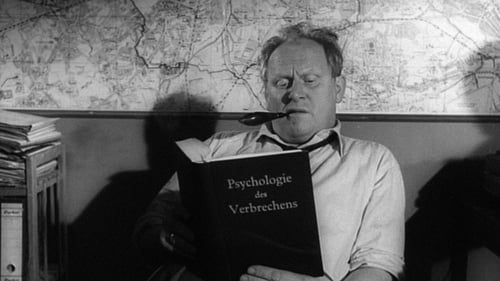
Idea
El asesinato del reportero de televisión Peter Berg no es un hecho aislado. El clarividente Cornelius ha tenido una visión del crimen, pero por alguna extraña razón no ha podido ver al asesino. Como el hotel Luxor parece estar relacionado con los asesinatos, la policía intensifica la investigación en sus alrededores. Una terrible sospecha empieza a cobrar forma: el doctor Mabuse, un genio del crimen que pretendía dominar el mundo y a quien todos habían dado por muerto, quizá no lo esté.

Writer
En un futuro cercano, durante el transcurso de unas excavaciones en el desierto de Gobi, se encuentra un extraño objeto de origen extraterrestre que contiene un misterioso mensaje. Un grupo de científicos descifra el mensaje, llegando a la conclusión de que se trata de un comunicado alienígena procedente de Venus; las naciones del mundo se ponen entonces de acuerdo para enviar una expedición a bordo del Kosmokrator, una nave rusa de altísima tecnología, y tomar contacto con la civilización que ha enviado el mensaje...

Screenplay

Scenario Writer

Director
A factory foreman discovers (to his discontent) that his housewife secretly takes driving lessons in order to get a job and send their son to kindergarten.

Director

Screenplay

Director
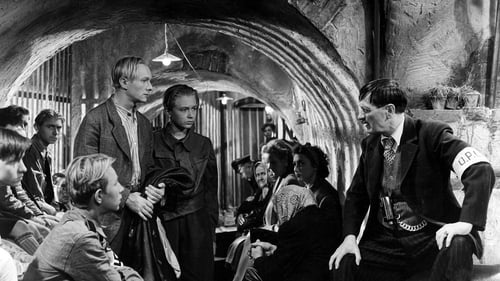
Writer
The story of Polish and Jewish families living side by side in one Warsaw street. Everything changes once and for all with the Nazi invasion.

Director
1945 German film.

Writer

Director

Director
Magda, the butcher's daughter, against the wishes of her father becomes an actress in the theater "Golden Mask". Kicked out of the house she meets Count Xavier Runickie and soon they get married. Unfortunately, the marriage did not bring her happiness...

Scenario Writer

Writer

Writer

Writer

Director
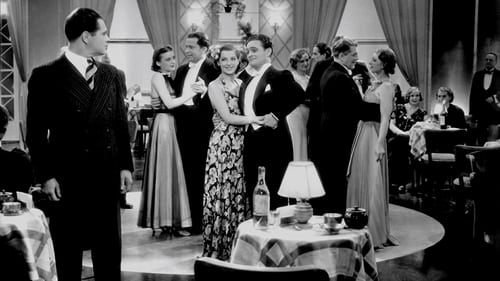
Writer
Two neighbours with similar names, Paweł and Gaweł, meet a violinist girl Violetta who pretends to be a child. When Paweł learns she's not a child anymore, he falls in love with her. And vice versa.

Writer
Robert and Bertrand covered accused of theft and are sent to prison where they meet Irena.

Writer
A story about a group of high school graduates, their unbreakable bond and life and death friendship.

Writer
Papa się żeni (Daddy Gets Married) is a 1936 Polish comedy film directed by Michał Waszyński.

Writer
Stefcia Rudecka starts working as a governess in an aristocratic house. Waldemar, the young heir, falls in love with her but his well-off family is not eager to accept the woman he loves.

Screenplay
Both have the name Jadzia, besides the name they are also connected by a tennis racket. Jędruszewska is a champion of tennis courts, Maliczówna is an extremely charismatic owner of a sports store. Meanwhile, there is a fierce battle between two competing Warsaw companies selling sports equipment. The convergence of names and misunderstandings cause that the representative of the rival sports shop Jan Oksza confuses Jada. He tries to get the tennis champion to play their company's racket, but Jan takes Maliczówna for the champion. In the meantime, he acts as a sculptor, his friend. Among the gags and numerous misunderstandings between Jadzia Maliczówna and Jan Oksza germinate the feeling that eventually connects the two feuding companies.

Scenario Writer
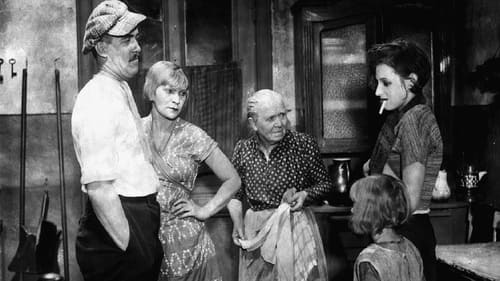
Screenplay
Mutter Krause, her daughter Erna and her son Paul live in a tenement in the poorer section of Berlin's Wedding district. Along with them lives "the Tenant", his soon-to-be bride Friede, who works as a prostitute, and her child whose name isn't revealed in the film. Mutter Krause is a quiet, long-suffering old woman who earns what little she can delivering newspapers. However, Paul is an alcoholic and spends all her money on drink. Mutter Krause can't pay back the money she owes the man whose newspapers she delivered and he accuses her of stealing and threatens her with arrest. Mutter Krause must then pawn her last valuable possession, a treasured memento of her late husband. Paul then breaks into the same pawn shop. He gets away but is later arrested. Meanwhile, Erna begins dating a young man with Communist views, who turns Erna to Communism and also helps her earn the money her mother needs by more honest means.
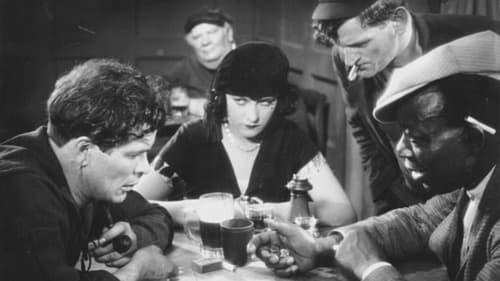
Writer
A pre-Depression slice of proletarian life from Weimar Germany, Harbour Drift is unusually interesting for its indifferent pessimism, rejecting even the minor rays of hope which permeate the other low-life ‘street films’ of the period. A sordid tale of poverty and greed set within a quayside milieu of crime and prostitution, the narrative centres on the quest for a sparkling pearl necklace stolen by a beggar under the gaze of a prostitute, who persuades her unemployed friend to steal it back, with tragic consequences. The story unfolds in flashback, without irony or a hint of redemption: life simply goes on. The film is remarkable for the innovative camerawork of Friedl Behn-Grund, which manipulates light and shadow to create a nightmarish atmosphere of fear and premonition.











